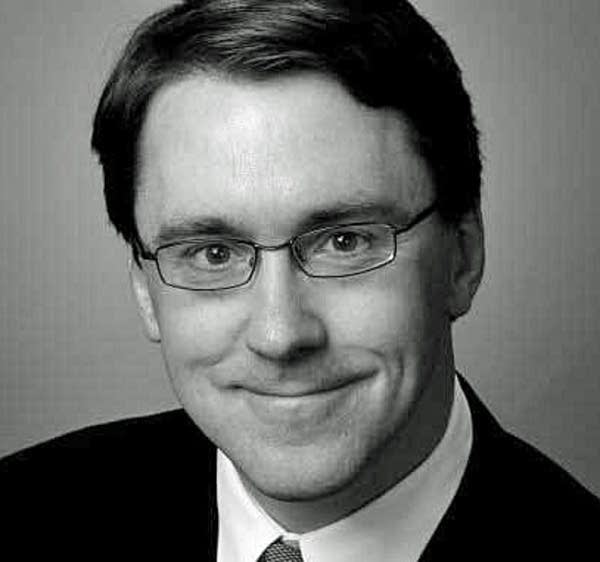Dr. Jon Hallberg: Clearing up confusion about palliative health care
Go Deeper.
Create an account or log in to save stories.
Like this?
Thanks for liking this story! We have added it to a list of your favorite stories.

Palliative care is an approved medical subspecialty that's present in 85 percent of larger hospitals. But a new survey in the Journal of Palliative Medicine shows that many patients and health care professionals are still confused about the concept. Many even confuse palliative care with euthanasia.
MPR's medical analyst Dr. Jon Hallberg discussed the concept of palliative care with Tom Crann of All Things Considered on Wednesday. Hallberg is a physician in family medicine at the University of Minnesota and medical director of the Mill City Clinic.
An edited transcript of that discussion is below.
Crann: What is palliative care?
Turn Up Your Support
MPR News helps you turn down the noise and build shared understanding. Turn up your support for this public resource and keep trusted journalism accessible to all.
Hallberg: The World Health Organization puts it this way, it says that palliative care is an approach that improves the quality of life of patients and their families when they're facing problems associated with life-threatening illnesses.
Crann: What sort of treatments are we talking about?
Hallberg: I think the thing we all think about immediately is pain control...But it also might include being very short of breath, being very aware of that, and so managing that as well.
Crann: Why is there confusion between that and euthanasia, which sounds to me like a different matter?
Hallberg: Euthanasia means you're going about putting someone, some creature to death. That's the intent. Palliative care, that's not the intent. It is simply to relieve suffering.
Crann: What is the distinction between palliative care and the situation in which it often happens, and that would be hospice care?
Hallberg: I think this is part of the confusion, first of all, palliative care is a very new specialty. It's only been an official specialty for about six years, so people like me are a little confused about what this is.
Hospice care is also a philosophy of care. I think we think of a place, like a hospice, but most hospice care is provided in people's homes, in nursing homes. That philosophy too is really focused on comfort and not a cure.
One way to think about this is that...physicians in palliative are the providers who are working in that hospice setting, but not always.
Crann: Can you imagine a situation where palliative care is given and there's an expected recovery?
Hallberg: Not really an expected recovery. But some people with, let's say a neurologic condition like ALS...they are not going to recover from the process. This might be a multi-year process of suffering, frankly, and getting a little bit worse as time goes by. Palliative care people might be involved in a case like that.
Crann: Is there a common understanding among physicians and other health care providers about what exactly constitutes palliative care?
Hallberg: The study that was done in the journal of palliative medicine found...that even among their physician colleagues, people were confused about what [palliative care providers] did and what the intent of their job was... Part of it is its newness. It's so young, we're all learning.
Crann: It's more common than it was a generation ago. Was it unheard of then?
Hallberg: Hospice has been a movement for decades of course. It was only 30 years ago that Medicare starting reimbursing for hospice care.
I know many colleagues who were in family medicine or internal medicine that became hospice care providers. But it was all sort of catch-as-catch-can, it was sort of learning on the fly. You became a hospice provider, but not in a specially trained type of way. That's the difference. We're really kind of codifying what it takes to be an outstanding palliative care provider.
Crann: Part of the issue here and the misunderstanding [is] because really we're talking about the end of life here?
Hallberg: That's exactly it. Anybody who has been involved with someone dying in a slow way. We're not talking about instant death in an automobile accident, for example. But these are people who are dying slowly. There's so much emotion involved from the caregivers, the family members. Often within a family, there are different viewpoints about how to go about this: Do we stop feeding somebody who clearly isn't going to get better? Do we take them off the ventilator? How much medication, how much morphine do we give? This is all pretty emotionally-laden stuff.
We've come a long way in 30 years; we have a long way to go. But I think we're getting a better understanding of what it means to die peacefully, and die with some dignity and comfort.
Interview transcribed and edited by Jon Collins, MPR reporter.




